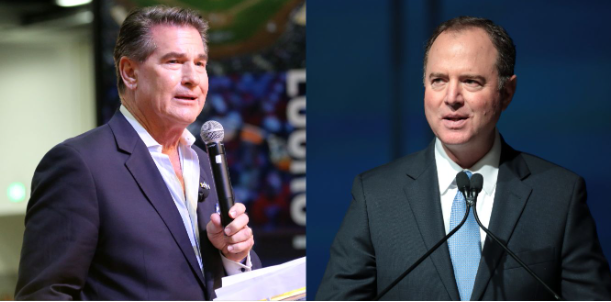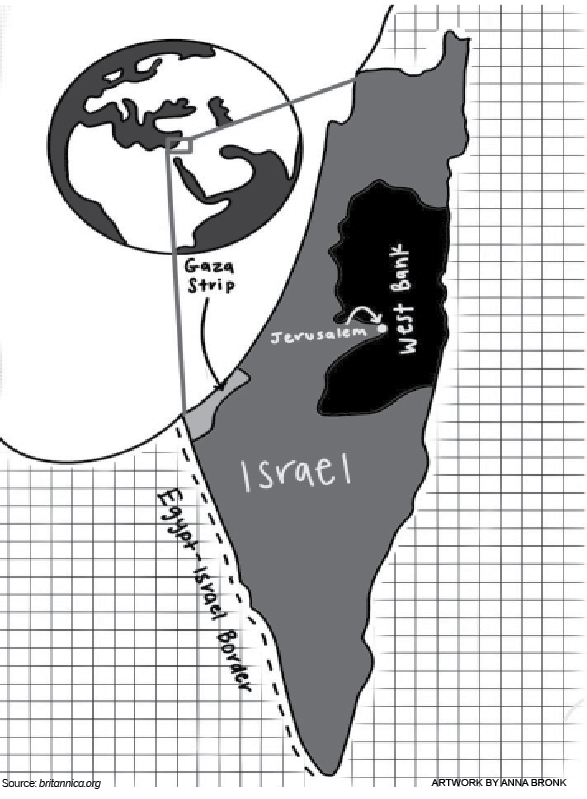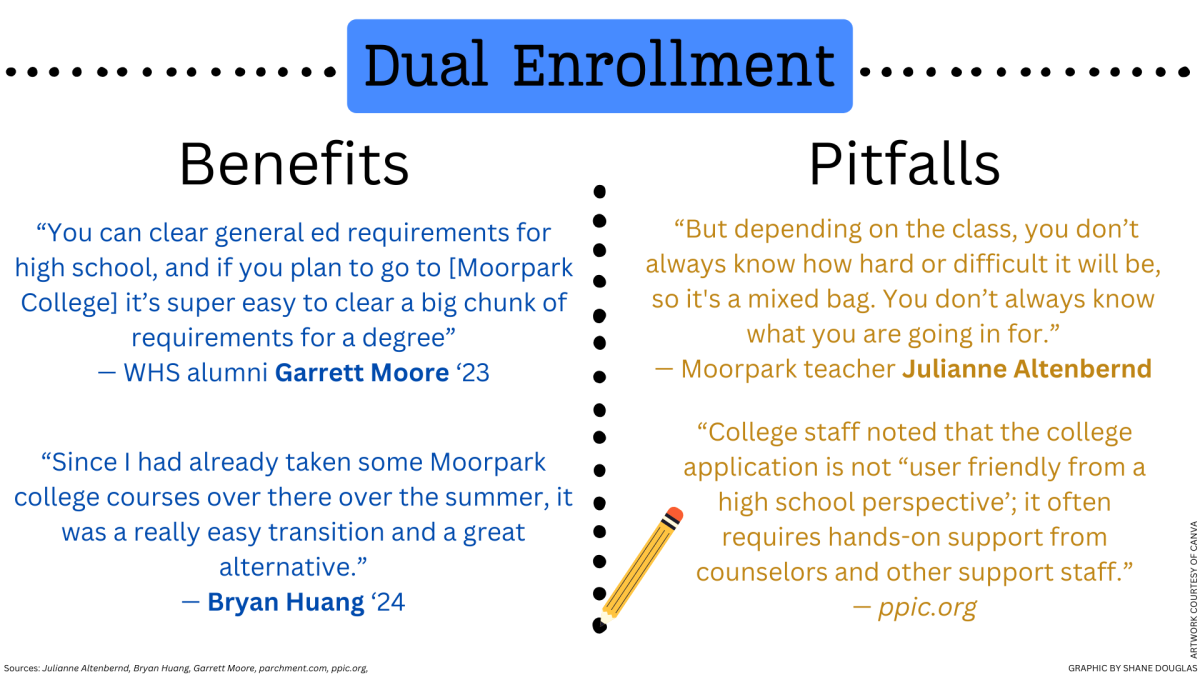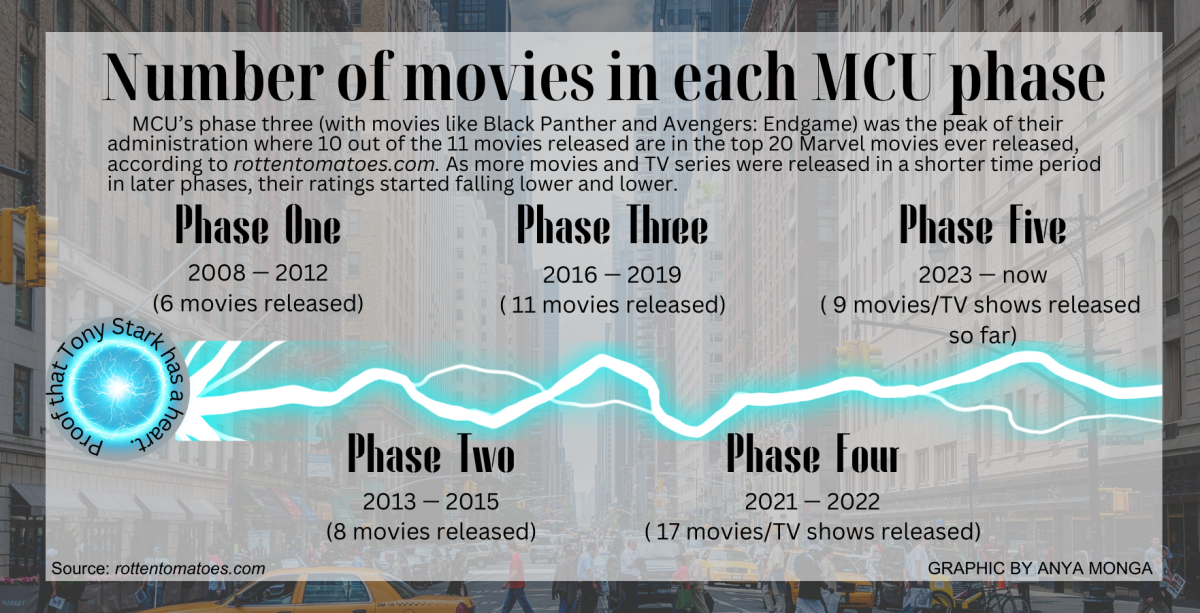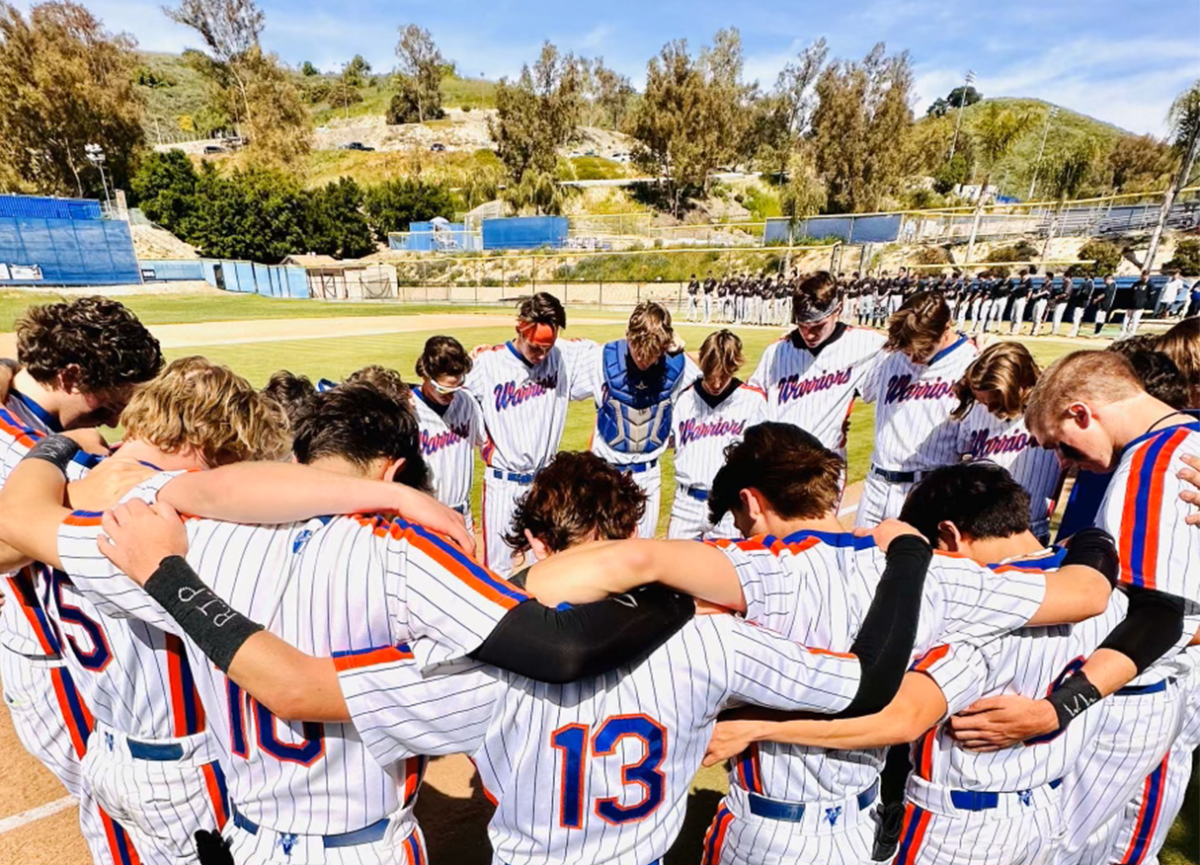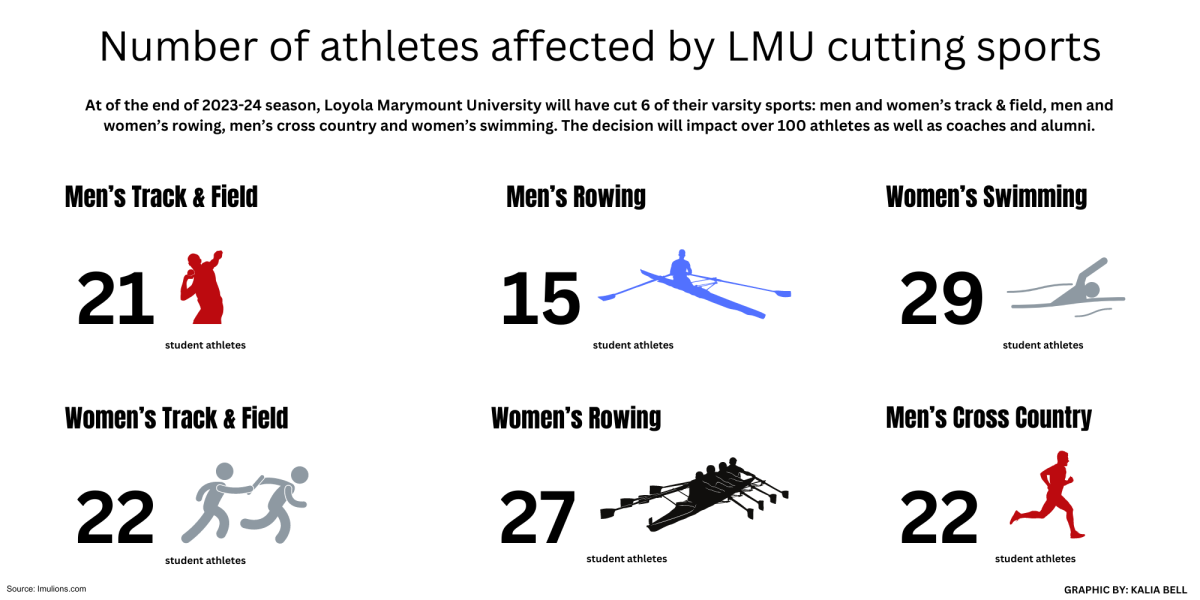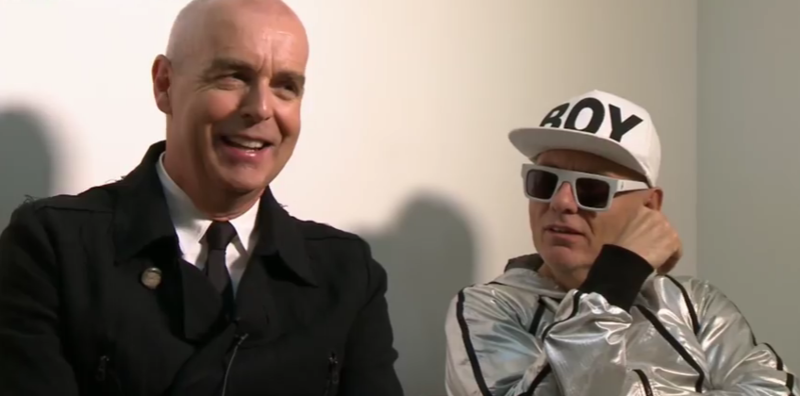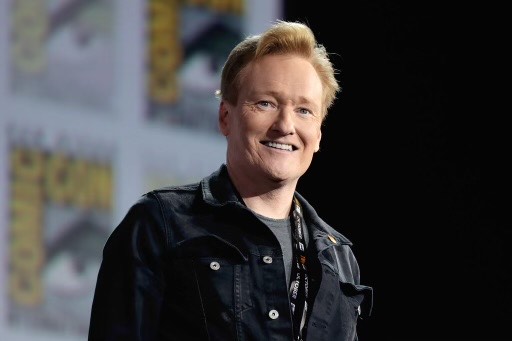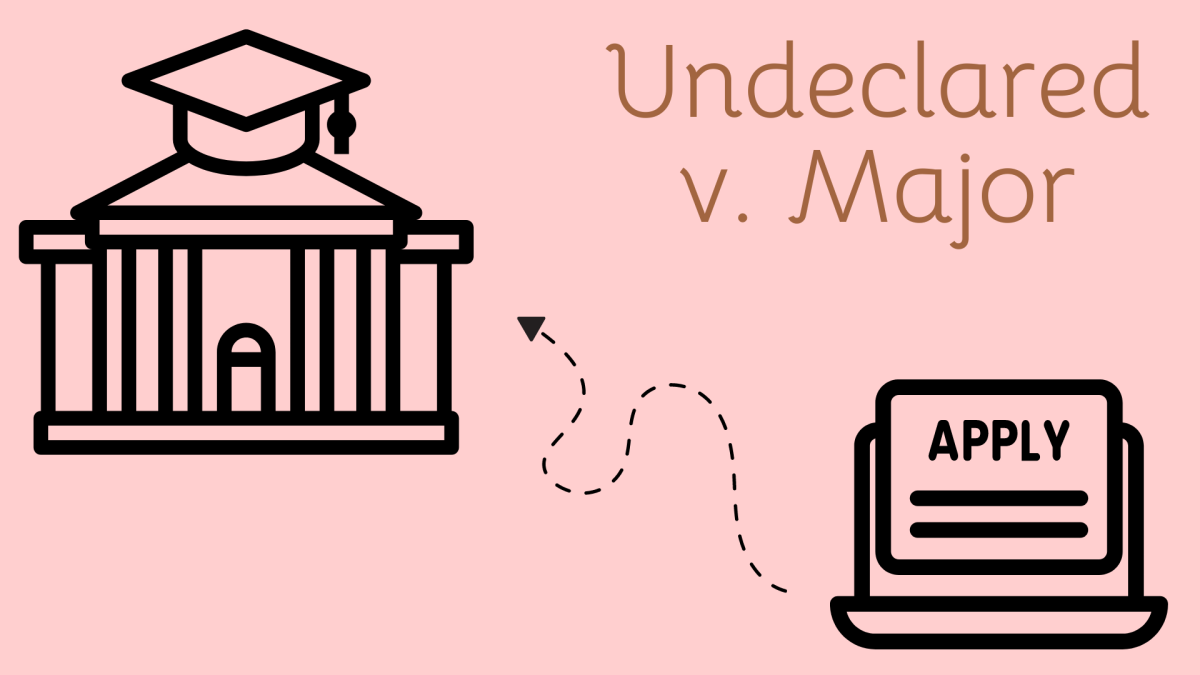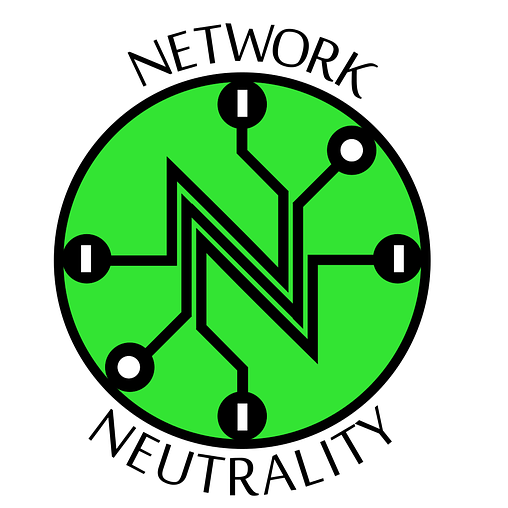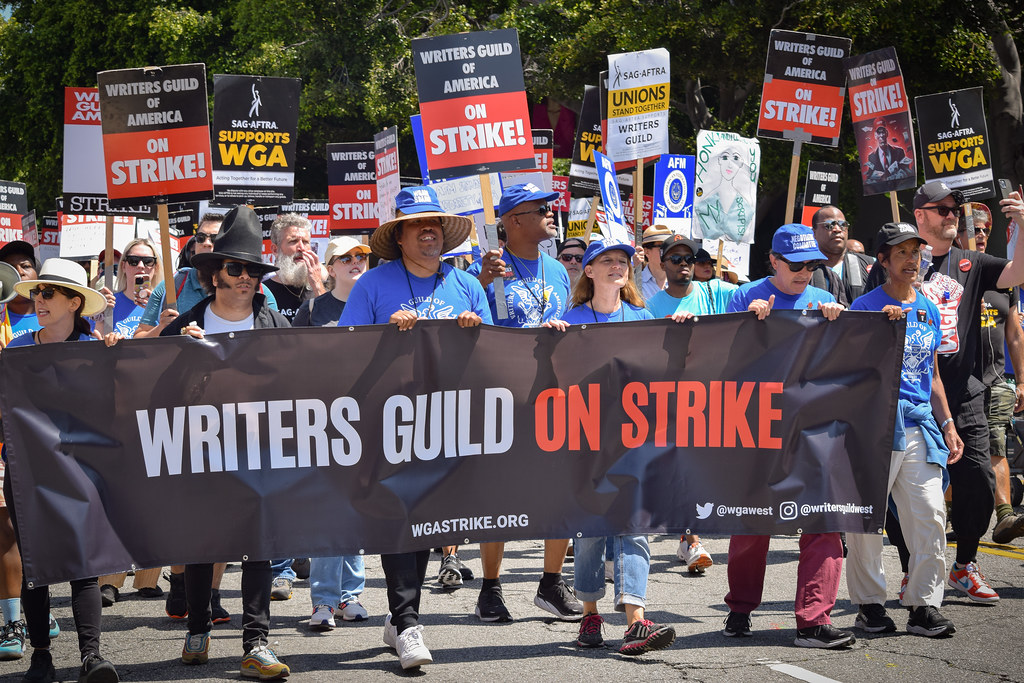On Dec. 14, the Federal Communications Commission will vote on whether or not to continue enforcing a policy of Internet neutrality.
Net neutrality is the current policy which states that Internet service providers must treat all data on the Internet equally. Therefore, they cannot discriminate against users, contents, websites, platforms or applications. Its goal is to ensure that Internet providers do not intentionally block, slow down or charge fees for access to certain websites.
Many fear that if net neutrality is revoked, Internet service providers will begin splitting up the Internet into packages, selling subscriptions and access to certain parts of the Internet to individual users.
Several large Internet service company executives, such as Vint Cerf, known as one of the founders of the Internet , and Steve Wozniak, co-founder of Apple both expressed concerns about the upcoming net neutrality vote.
A 43 page comment submitted by Internet experts, founders and major service provider executives expressed concerns on the early rule making notice released by the FCC chairman Ajit Pai. The notice had incorrectly described how the Internet worked.
“Despite this comment, the FCC did not correct its misunderstandings,” the group of experts wrote. “The current technically-incorrect [description] discards decades of careful work by FCC chairs, who understood the threats that Internet access providers could pose to open markets on the Internet.”
These executives believe Pai is rushing into this vote unprepared with technologically incorrect information. They fear that the Internet they worked so hard to create will cease to exist on a free platform.
Due to this concern, over 25 senators signed a letter that was submitted to the FCC asking to postpone the net neutrality vote. However, Chairman Pai’s office announced that the vote will go on as scheduled on Dec. 14.
Proponents of net neutrality refer to Portugal as an example of a situation without net neutrality protections. In Portugal, the Internet is divided and bundled into cable like packages. As a result, people have to buy access to certain websites.
In addition, without net neutrality, Internet service providers can partake in censorship of viewpoints in opposition to those of the Internet service provider.
“Abandoning the principle will allow Internet providers to manipulate their offerings at the expense of consumers,” said LA Times columnist Michael Hiltzik.
Others believe that revoking net neutrality protections will not have any effect on the state of the Internet. The Internet in the U.S. before net neutrality was passed in 2015 had none of the characteristics feared by proponents of net neutrality.
When net neutrality was first passed, little to no change to Internet services was observable.
“Competition and the Internet’s ethic of openness has, so far, prevented that kind of abuse,” said editors of the National Review, a semi-monthly magazine focusing on news and commentary.
The Internet was first created in 1983 and has become an essential part of life in recent years. In the United States, the Internet governed itself with fairness and equality in the years leading up to the original passing of net neutrality in 2015.
On Feb. 26, 2015, the FCC ruled in favor of net neutrality by reclassifying broadband as a common carrier under Title II of the Communications Act of 1934 and Section 706 of the Telecommunications Act of 1996.
The repeal of net neutrality will simply reclassify broadband as an information provider instead of a common carrier. Broadband is simply any high-speed Internet access that is always on and faster than traditional dial up access.
Other opponents of net neutrality see this as an issue regarding powers. The FCC has no delegated power to impose pricing and content-management rules on Internet providers, which is what net neutrality does.
They say that if Congress wants net neutrality, they must vote on it and pass it. Then Congress must delegate the power to manage the Internet to the FCC.
“The FCC is not a free-range, independent regulatory paladin with an open-ended portfolio,” said editors of the National Review. “It is a creature of statute, and its job is to enforce the law, mainly the Federal Communications Act.”
With the vote planned for Dec. 14, those in the U.S. can only hope that the decision made by the FCC will ultimately improve or preserve the current state of the Internet .
